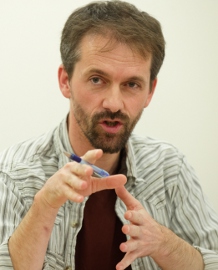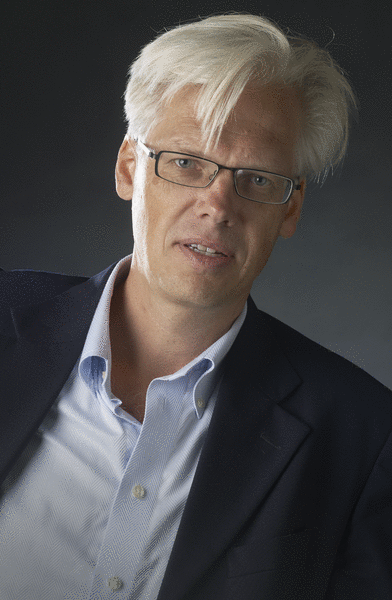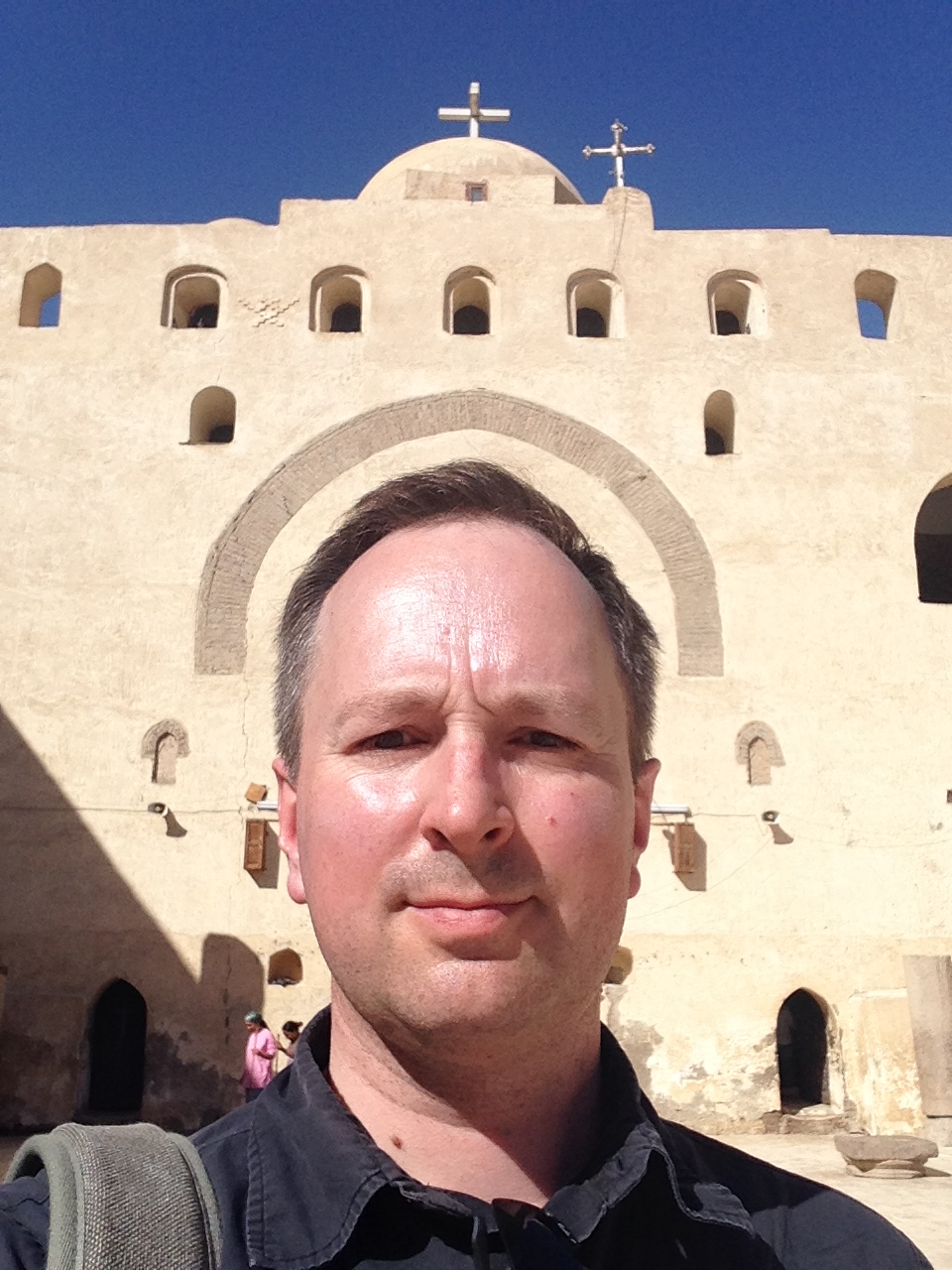Due to the current corona virus pandemic we regrettably have to cancel the upcoming ATTR seminar. This is highly unfortunate, but taking into consideration the measures taken by the authorities in both Greece, Norway and other affected countries, and the rapid negative development of the situation, we have no other choice.
New date! Due to todays situation as described above, this seminar will instead be held March 15-18, 2021 in Oslo.
Click here to read more.
Theme
Fictional texts, such as novels and short stories, based on their authors’ imagination, often acquire authoritative status and influence equal to that of nonfictional texts. The lectures at this seminar will focus on the authoritative aspects of fiction, the often fuzzy boundaries between fiction and nonfiction, and various forms of blending between the two.
Aspects that will be discussed include questions of why and how fictional texts can obtain various forms of authoritative status, fictionality as a communicative strategy, pseudo-documentary fiction, fiction presented as nonfiction, fiction as deception, and the relationship between fiction and religion.
Lecturers include Richard Walsh (University of York), Anders Klostergaard Petersen (University of Aarhus), J. Gregory Given (University of Virginia), and Hugo Lundhaug (University of Oslo).
As in all ATTR seminars participants will also discuss their ongoing doctoral dissertation work with each other.
Program
Practical information
- The application deadline is January 31, 2019.
- The seminar will take place at the Norwegian Institute at Athens
- The seminar equals 5 ECTS
- The seminar is free of charge and most of your expenses (flight tickets, hotel, most meals) will be covered
- Registration is binding, provided that you are admitted.
- Before the application deadline, make sure that you have uploaded all necessary attachments:
- The PhD paper that you would like to present at one of the PhD seminars. The paper submitted should be part of your ongoing dissertational work.
- New applicants must also include an abstract of their research project, and a PhD program confirmation.
Research seminars with
 Jorunn Økland (Director of the Norwegian Institute in Athens)
Jorunn Økland (Director of the Norwegian Institute in Athens)
"Truth is a Function of Narrative Shape»: Why Acts is the greater authority on the life of Paul than Paul’s own writings.
In many details regarding the apostle Paul’s biography, there are serious discrepancies between the narrative presented in Luke’s work "Acts of the Apostles" and the information given in the letters written by Paul himself. The discrepancies are found in central areas, such as Paul's conversion, his meeting with Jesus’ followers in Jerusalem, and his itinerant activity as a craftsman and teacher.
Scholarship has come to terms with these discrepancies in different ways:
- certain scholars have argued that there is no discrepancy, and used a hermeneutics of harmonisation to fit the different accounts together;
- other scholars have argued that Paul’s friend - or fan of a later generation, Luke, got some of the details wrong.
- historical-critical scholars of a redaction-critical bent have argued that Acts is a volume edited together from several separate accounts. Luke is responsible for narrative framework, but not for content.
Regardless of explanation, Acts functions so persuasively as a story that even critical bible editions up to this day are published with a map over Paul’s missionary journeys as part of the appendices. These journeys are central to the narrative structure in the Book of Acts but are not mentioned as such in Paul’s letters, although the letters make clear that he does travel, as he did before he became a Christian, too.
The paper will discuss why Acts, not only by ordinary readers but also by biblical scholars, tends to be more formative for the understanding of Paul’s life and activities than Paul’s own letters. Most biblical scholars have read Paul through the lense of Acts, as if Paul’s situational letters do not make any sense before they have been processed through a Lukan framework.
I will argue that the central concepts of this ATTR conference can explain this scholarly fallacy: fiction and authority. Facts and details are not authoritative in themselves, they need a narrative framework to be found truly convincing. In this vein, the paper will also present som modern attempts to construct a narrative frame within which Paul’s letters can make authoritative sense independently of Acts.
Richard Walsh (University of York)
“Consequent Authority: Fiction and Authorship”
This talk aims to situate the problem of the novelist’s authority in relation to the semiotic force of narrative, understood as a mode of sensemaking that is fundamental to human cognition. As such, narrative is grounded in the particular-general duality of form, and faces simultaneously in two directions. I will explore these antithetical orientations under the headings of the implicit and the reflexive, and situate the distinctive rhetorical force of fiction within this context. I’ll begin with some of Henry James’s reflections upon the authority of the novelist, but my main example will be Samuel Beckett.
 Anders Klostergaard Petersen (University of Aarhus)
Anders Klostergaard Petersen (University of Aarhus)
"Is There a Difference between Fictional and Factional Texts, and What Does This Mean in the Context of Mythmaking?"
Located between Jerusalem and Jericho are the remains of a Byzantine monastery dating to the sixth century (Yair Talmon). It is built on the ground, where according to Luke 10 a man fell into the hands of ruthless robbers. A good Samaritan, however, saved the man’s life and provided for him. There is nothing strange about the mapping of textual worlds on to actual territories – in fact, it is a prevalent feature in pilgrimage and the consecration of sacred places - were it not for the fact that Luke does not pretend the story to have taken place in actual history. It is a parable narrated by the recounted figure Jesus. But what about the Gospel of Luke itself? To what extent is it also a narrated parable with no foundation in real history? Many scholars hold Luke to be the historian par excellence of early Christ-religious literature. But how do we know that the text pretends to represent faction and not fiction, what are the borders between the two, and to what extent does the binary make sense in terms of the intellectual world of the first century CE? The fact that contemporary readers in some cases take fiction and map it on to actual landscapes points to an ambiguous relationship in assessing textual factionality and fictionality not only on the part of readers, but also in terms of textual play with the borders between the two. You may visit Lübeck and Mengstrasse to see the house of the Buddenbrooks. Similarly, you may visit Baker Street 221B or Platform 9 3⁄4 at Charring Cross Station. As part of their rhetorical strategy, texts may use documentarism to achieve the effect of verisimilitude, but that, of course, does not imply a less degree of ficitionality. Much research on the historical Jesus illustratively shows how scholarship fall into the trap of conflating the use of rhetorical documentarism with not only reality, but also claims to represent reality as bruta facta. The lecture presented are ruminations on the subject of fictionality and factionality with respect to both ancient and modern literature to see if any progress can be made in a notoriously moot and contested field of problems intrinsically related to endorsed ontology.
 Hugo Lundhaug (University of Oslo)
Hugo Lundhaug (University of Oslo)
“Apocryphal Texts as Authoritative Fiction”
More lecturers, titles and abstracts TBA.
PhD seminars
Seminar guide (.pdf)
Central to all ATTR seminars and summer schools are the PhD fellows’ own presentations of papers based on their dissertation work, with prepared responses by other PhD fellows.
Due to the interdisciplinary nature of ATTR, the focus of the discussions will be primarily on methodological matters and interdisciplinary insights.
The PhD seminars are important means to the ATTR learning goals:
- Writing and presentation skills: The seminars aim not only at providing a setting for constructive discussions relating to thesis work, but also at preparing the candidates for life after their dissertations. ATTR thus aims to hone students’ presentation and writing skills, skills that may be useful for development of research projects for which funding can be sought from, e.g., ERC and RCN.
- Methodology: The objective of ATTR is to create a venue where interpretive methodologies can be critically discussed, evaluated, and developed, so as to broaden the candidates’ perspectives and heighten the quality of their analyses.
- Networking: In all its activities, the creation of an interdisciplinary network of young scholars in order to ensure the highest possible academic quality of PhD education is a central goal of ATTR.
Questions
Please contact the ATTR Head of Administration / Leonora O. Bergsjø.

